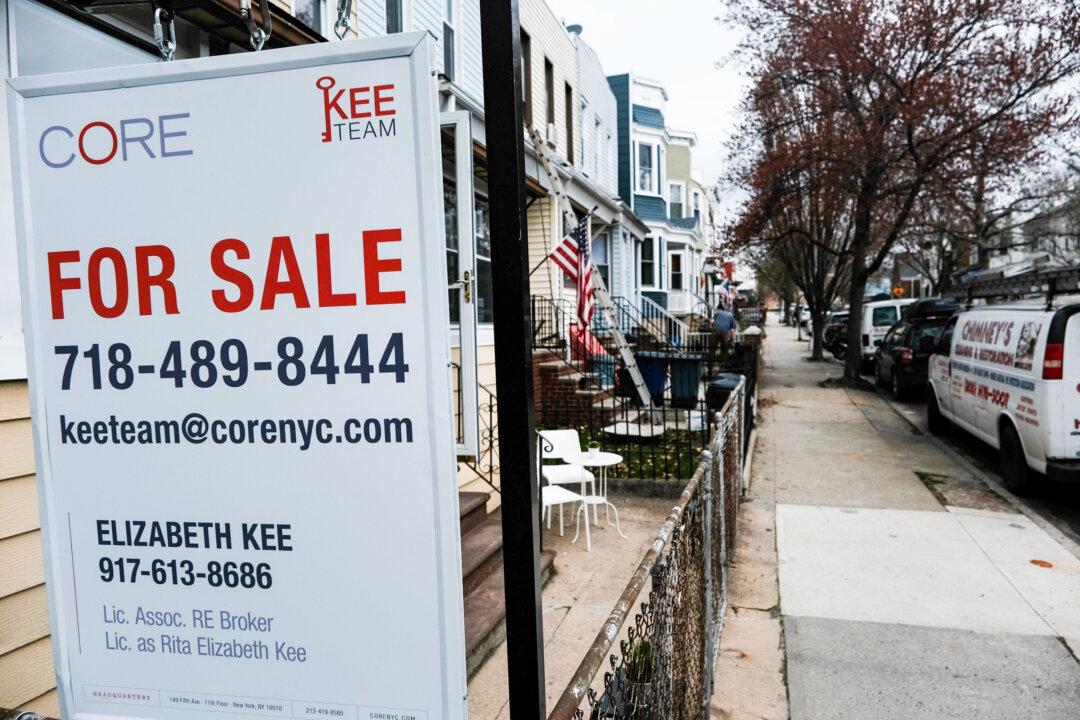Demand for purchasing homes has become stronger after the U.S. presidential election, with a dip in mortgage rates enticing buyers into the market, according to real estate brokerage Redfin.
Redfin’s Homebuyer Demand Index—a measure of home tours and other property purchase services from the company’s agents—was up by 8 percent yearly for the week ending Dec. 8, to nearly its highest level since April, said a Dec. 12 statement from the company. In addition, mortgage applications to buy a property were up by almost 20 percent from a month back while pending home sales jumped 4.1 percent year over year. Prevailing data points to strong buyer demand for houses, which Redfin attributed to cooling mortgage rates.





